Purchase of this book includes free trial access to www.million-books.com where you can read more than a million books for free. This is an OCR edition with typos. Excerpt from book: CHAPTER III THE HISTORICAL NOVEL Strictly speaking, the name " Historical Novel " is a contradiction in terms. For whatever specific meaning we may give to the term novel, in special application to such forms as the romance, the story, the fiction of purpose, problem, or adventure, we never fail to understand the term novel to be the designation of a work of fiction. On the other hand, however freely we may interpret the word historical, however much of philosophy, social science, political economy, or even of domestic and community life, we may consider as properly within its province, we certainly take the facts of life, the records of actual past existence, as its basis. Fiction is the underlying basis of the novel; fact is the underlying basis of history. The historical novel apparently becomes a novel by virtue of departure from history, and in so far as it is a history it is less than perfect as a novel. Either bad history or bad fiction must be the result. Thus says logical theory; and the inevitable conclusion from this reasoning is adverse to the historical novel as a justifiable literary form. This one may postulate as theory; and from such theoretical demonstration alone may logically declare that the historical novel is impossible. And indeed, this declaration would be well supported by the consideration of the facts of literary history; for we search in vain the literatures of the world, previous to the nineteenth century, for good examples of the historical novel. One can, indeed, go back to Greek literature and find support of literary opinion for the proposition that the Cyropcedia of Xenophon had in it characteristics of a historical novel. But the more one considers this excellent work, the less satisfied one is with the proposition that it is a histor...




































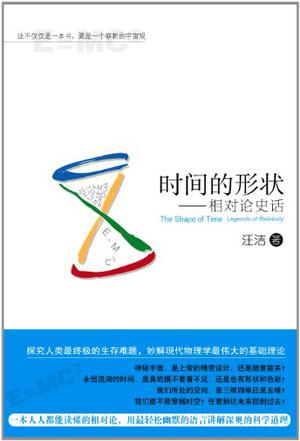
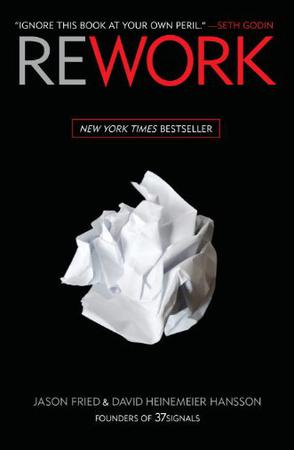

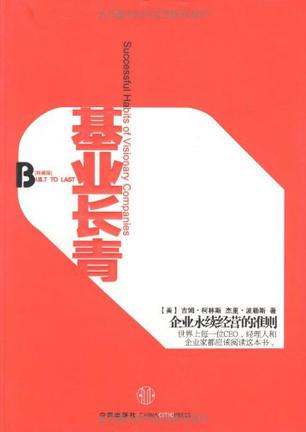



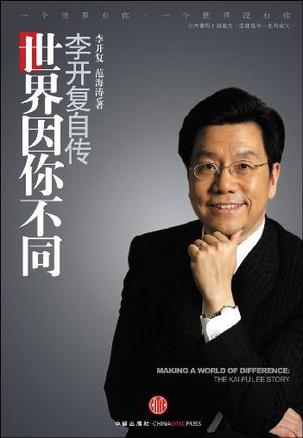
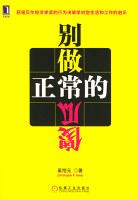
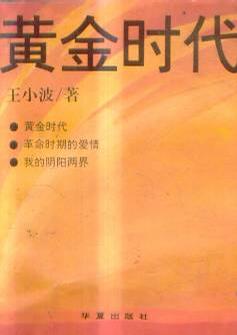
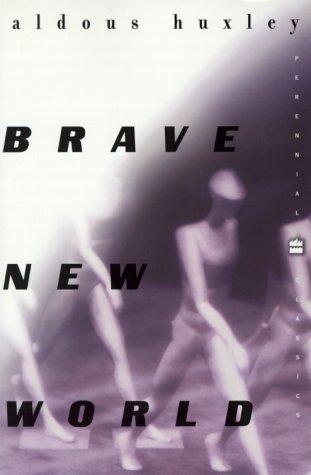
评价“The Evolution of the English Novel”